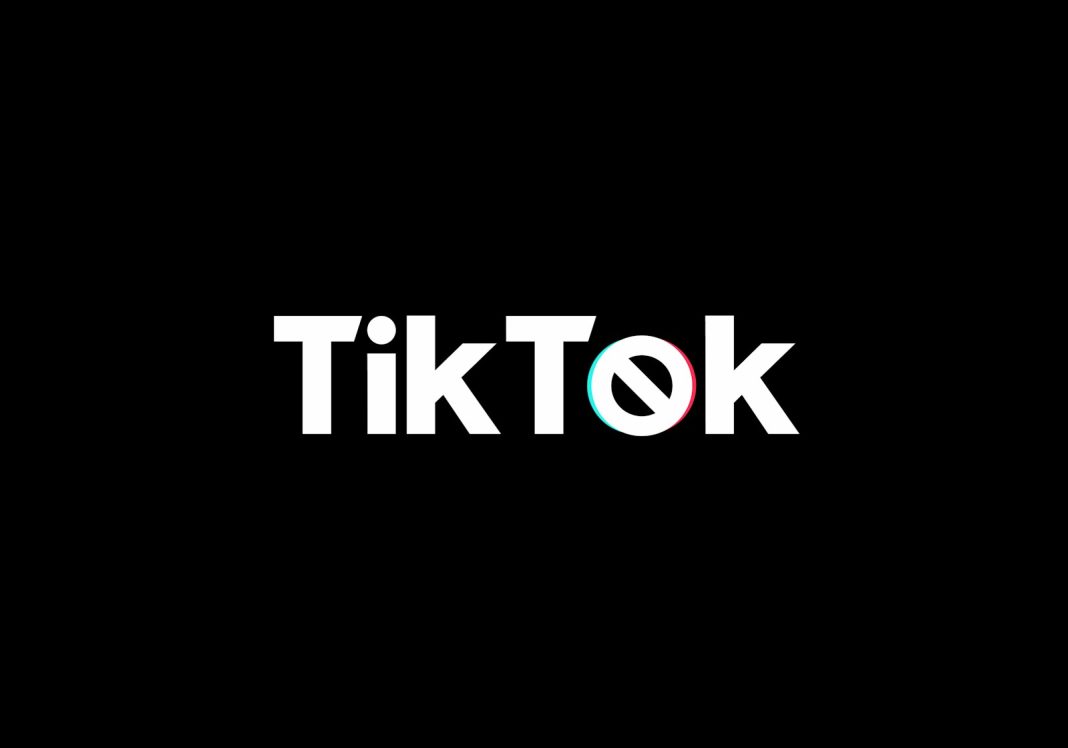In a significant escalation of the ongoing conflict between the United States government and TikTok, the Department of Justice has initiated legal action against the popular social media platform and its parent company, ByteDance. The lawsuit alleges that TikTok has been illegally collecting data from users under the age of 13 without obtaining parental consent, a clear violation of US child privacy laws.
The legal challenge centres around two primary accusations. Firstly, the Department of Justice contends that TikTok has breached the Children’s Online Privacy Protection Act (COPPA), which imposes strict regulations on the collection and tracking of data from minors. Secondly, the lawsuit alleges that TikTok has violated a 2019 agreement with the US government. This agreement required TikTok to notify parents before collecting data from children and to delete videos posted by users under the age of 13 upon request. The Department of Justice claims that TikTok has failed to comply with these requirements consistently.
TikTok’s Alleged Violations
According to the Department of Justice, TikTok knowingly permitted users under 13 to create accounts on the app without proper parental consent. Despite clear indications of these users’ ages, the company allegedly failed to take appropriate measures to prevent such activity. Furthermore, the Department of Justice asserts that TikTok often did not comply with parental requests to delete their children’s accounts and associated data.
The implications of these violations are profound. COPPA is designed to protect the privacy of children online by requiring companies to obtain verifiable parental consent before collecting personal information from minors. The 2019 agreement, which TikTok is accused of breaching, was intended to reinforce these protections and ensure greater accountability.
The Broader Context of US-TikTok Relations
This lawsuit represents the latest chapter in the fraught relationship between TikTok and the US government. For several years, American lawmakers have expressed concerns over the app’s security risks, given its ownership by ByteDance, a Chinese company. The primary fear is that ByteDance could be compelled by the Chinese government to share data on American users or manipulate the content viewed by US users.
In response to these concerns, the US Congress passed legislation earlier this year aimed at mitigating the perceived threat. The new law requires ByteDance to divest its ownership of TikTok or face a nationwide ban of the app in the United States. The administration has supported this measure, emphasizing the need to protect American users’ data from potential foreign exploitation.
However, TikTok has not taken these actions lying down. The company has initiated its own legal proceedings against the US government, arguing that the congressional bill violates constitutional protections. This counter-lawsuit adds another layer of complexity to the legal and political battle, further straining relations between TikTok and US authorities.
Implications for TikTok’s Future in the US
The outcome of these legal battles will have significant ramifications for TikTok’s future in the US market. The potential for a nationwide ban poses a substantial threat to ByteDance’s business, given the app’s extensive user base in the country. TikTok boasts hundreds of millions of American users who rely on the platform for entertainment, social interaction, and even commerce.
If the US government prevails in its lawsuit and enforces the divestiture requirement, ByteDance may be forced to sell TikTok to an American entity or shut down its operations in the US altogether. Such a scenario would represent a major victory for US lawmakers concerned about national security and data privacy. Conversely, if TikTok succeeds in its legal challenges, it could continue operating in the US under its current ownership, though likely under stricter regulatory scrutiny.
Broader Implications for Data Privacy and Regulation
This legal showdown between TikTok and the US government also highlights broader issues of data privacy and the regulation of tech companies. As digital platforms increasingly become integral to daily life, the question of how to protect users’ personal information, particularly that of minors, has become more pressing. Governments worldwide are grappling with how to balance the benefits of technological innovation with the need to safeguard privacy and security.
The outcome of the TikTok lawsuits could set important precedents for how other tech companies handle user data, particularly in terms of compliance with child privacy laws. It may also influence future legislative efforts to regulate digital platforms more stringently.
As the US Department of Justice moves forward with its lawsuit against TikTok, the stakes are high for both the company and the broader tech industry. The allegations of child privacy violations have added fuel to an already heated debate over national security, data privacy, and corporate accountability. The resolution of this conflict will likely have far-reaching implications, not only for TikTok’s operations in the US but also for the regulatory landscape governing tech companies globally.
While it remains to be seen how these legal battles will unfold, one thing is clear: the issues at hand are of critical importance to the future of digital privacy and security. As such, they will continue to attract significant attention from policymakers, industry leaders, and the public in the months and years to come.


